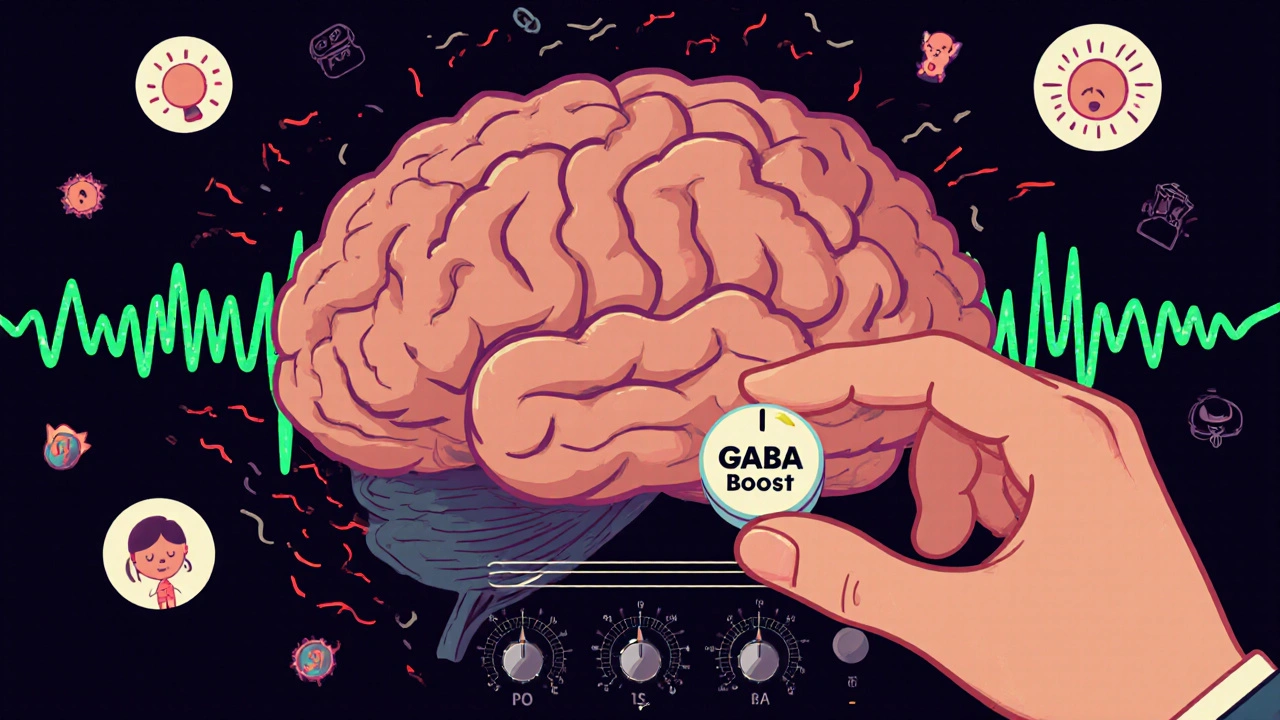Benzo Withdrawal: What Happens When You Stop and How to Stay Safe
When someone stops taking benzodiazepines, a class of prescription drugs used for anxiety, insomnia, and seizures. Also known as benzos, they work by calming overactive nerves in the brain. But after regular use—even at prescribed doses—the brain adapts. When the drug leaves the system, it doesn’t know how to function without it. That’s when benzo withdrawal, the physical and mental reaction to stopping these drugs after dependence has formed kicks in.
Withdrawal isn’t the same for everyone. Some people feel jittery or anxious within a day or two. Others get headaches, muscle pain, or trouble sleeping. For some, it escalates to seizures, hallucinations, or extreme panic. The severity often depends on how long they took the drug, the dose, and whether they stopped cold or tapered slowly. tapering off benzos, gradually reducing the dose under medical supervision is the safest way to avoid the worst symptoms. Going too fast can turn a manageable process into a medical emergency.
Many people don’t realize how long withdrawal can last. While acute symptoms usually peak in the first two weeks, some experience protracted withdrawal, lingering symptoms that can last months or even over a year. These include brain zaps, mood swings, dizziness, and trouble concentrating. It’s not in your head—it’s your nervous system relearning how to work without the drug. Support from doctors, therapy, and peer groups makes a huge difference. And yes, recovery is possible. People do get through this. But they don’t do it alone.
What you’ll find below are real stories and practical advice from people who’ve walked this path. You’ll see how others managed their taper, what helped with sleep and anxiety, what didn’t work, and how to spot when you need professional help. No fluff. No sugarcoating. Just clear, honest information that matters when you’re trying to get off benzos safely.

Benzodiazepines: What They Do, How They Help, and Why They Can Be Dangerous
Benzodiazepines offer fast relief for anxiety and insomnia but carry high risks of dependence and withdrawal. Learn how they work, who's most at risk, and safer alternatives for long-term mental health.





